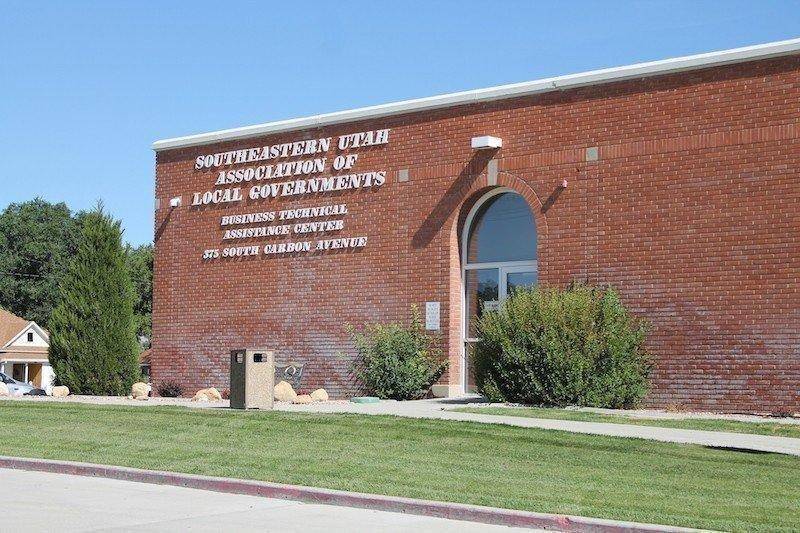SEUALG Press Release
A program that has for years been used to help low-income families put sweat equity into existing houses that they wanted to secure for their own has grown into one that also allows people in that same category to build new houses as well.
“Because of the limited number of homes for sale in our current housing market, we are being guided to offer new, ground-up construction. We will continue to do housing rehabs, but we have found it is time to enter into this program,” said Barbara Fausett who administers the USDA Self Help and Housing Rehab Programs at Southeastern Utah Association of Local Governments (SEUALG). SEUALG offers a number of other programs, which can help people stay in their homes safely in the San Juan, Grand, Emery and Carbon county areas. “The contract we have had with USDA is being amended so that we can offer new construction.”
The Self Help Program has been utilized in prior years for the acquisition and rehab of homes.
“Now, we will be doing ground-up construction, which will include the cost of the lot and materials to build a brand new home,” she stated. “With zero down, no origination fee or mortgage insurance premiums, which saves the applicant close to two percent, the participant and any volunteers will put in the sweat equity on the home as it is constructed, earning equity at completion, on day one as they move in. A construction supervisor will direct, coordinate and oversee the project, teaching the participants how to do the various tasks involved in building a home. There are some things that will be sub-contracted out such as foundations, electrical, plumbing and HVAC, but the program is designed to get the home built at a much lower cost in order for that equity to be gained in the overall cost of the project through the participant’s sweat equity.”
The homes that are built under the program will be in the realm of affordable housing with the area loan limits up to $265,400. The agency is currently working on house plans for the homes to be built ranging in size from 1,100 up to 2,000 square feet. She noted that a lot of families need a three-bedroom, two bath home with a two car garage, while others may not want as big of a home.
Those on the higher end of the maximum loan eligibility will discover they can afford more of a home if their income is in a category that provides a subsidized payment. Depending on the household’s repayment income, the government could possibly pay a portion of their interest, which is monitored through documentation of their income annually. The subsidy goes down as their income increases. This allows people to get into more of a home at the present time where they wouldn’t be able to afford as much through a conventional lender. This gives them a chance to buy instead of rent with a payment close to what they are paying for rent and gain the sweat equity without any cash down payment.
The USDA Self Help program requires two homes be built at a time under this pilot program, so the agency will need two families at a time to qualify as the process moves ahead. Their current contract requires the construction of five new homes in this two-year contract period, but they could renew their contract early in order to offer more of these projects to the community.
“We are piloting the two homes per year program for the rural areas of Carbon and Emery counties,” said Fausett. “There are a lot of people out there with incomes that will qualify for this program. For example, if a family of four has an income between $24,000 to $56,900, and their debt ratio qualifies, they would probably be a good candidate for the program.”
In addition, it is important to remember that with more people in a household, the income limits increase. For example, a family of five in Carbon and Emery counties can make up to $75,100 and qualify. The best way to see if one can qualify is to come in and visit with her and she can help you apply for the program.
“This is a hand up, not a handout,” she said. “Each participant will gain the knowledge and skills to maintain their home and carry a pride in ownership like no other.”
Interested parties can contact Barbara Fausett at (435) 613-0026 or email her at bfausett@seualg.utah.gov.

